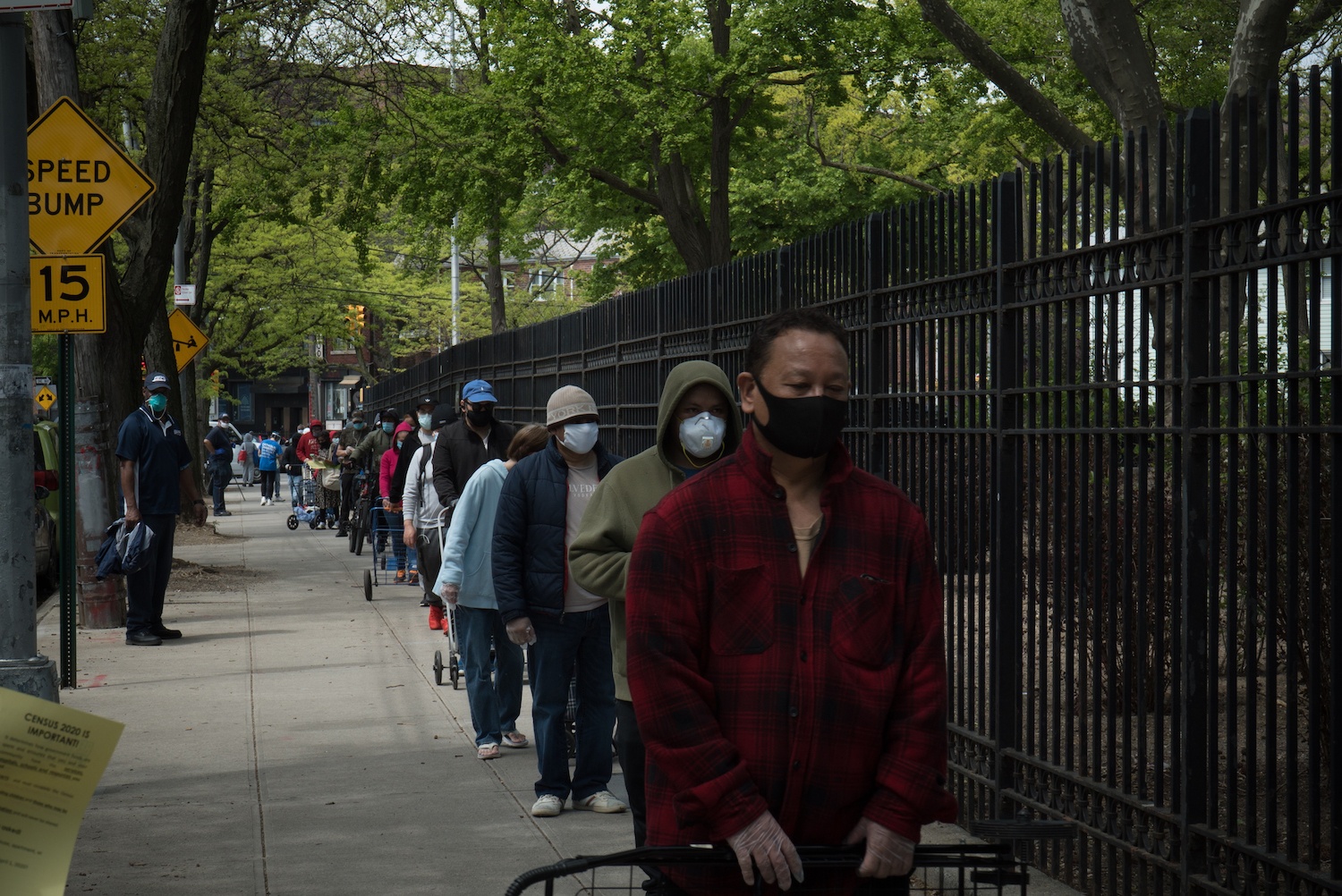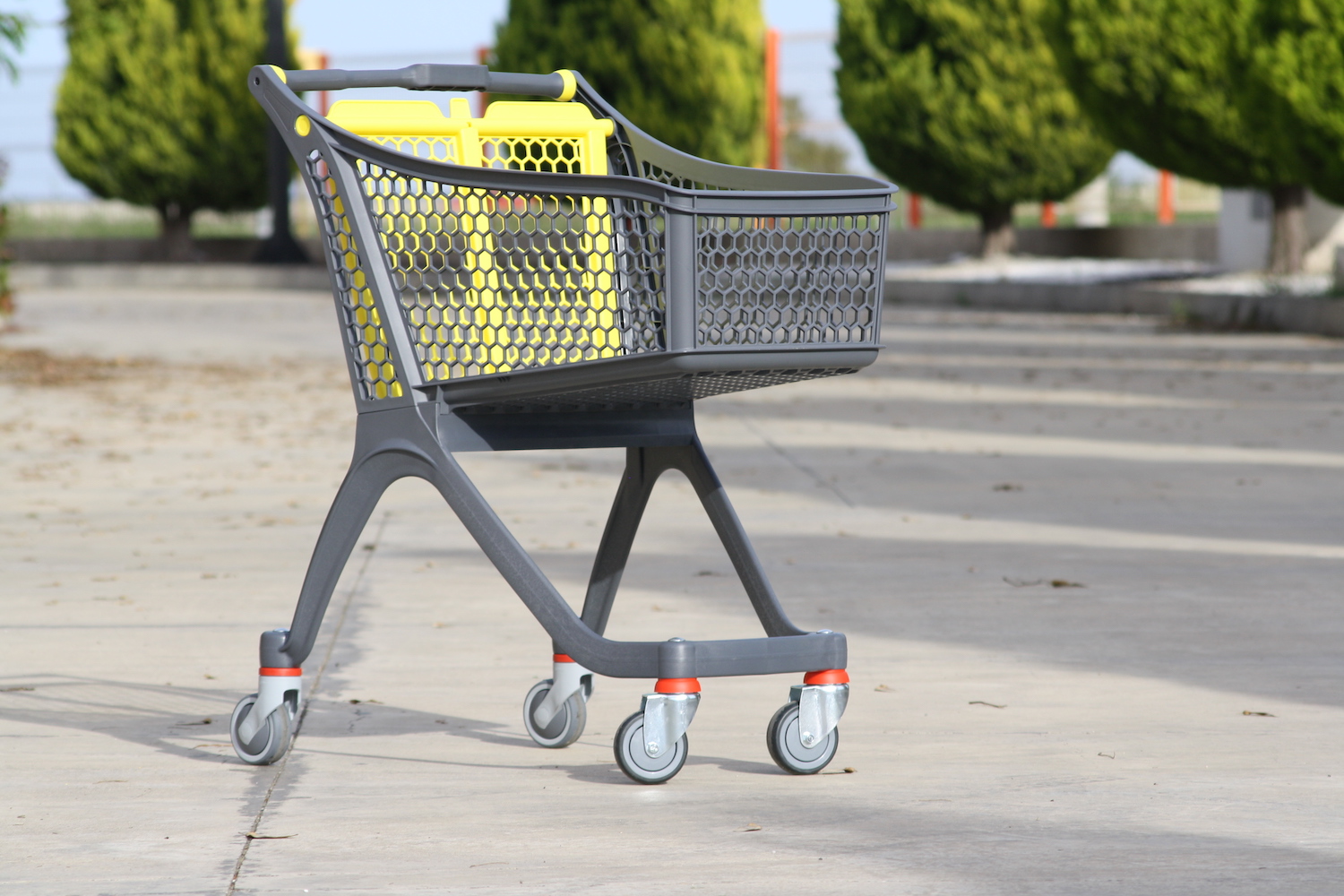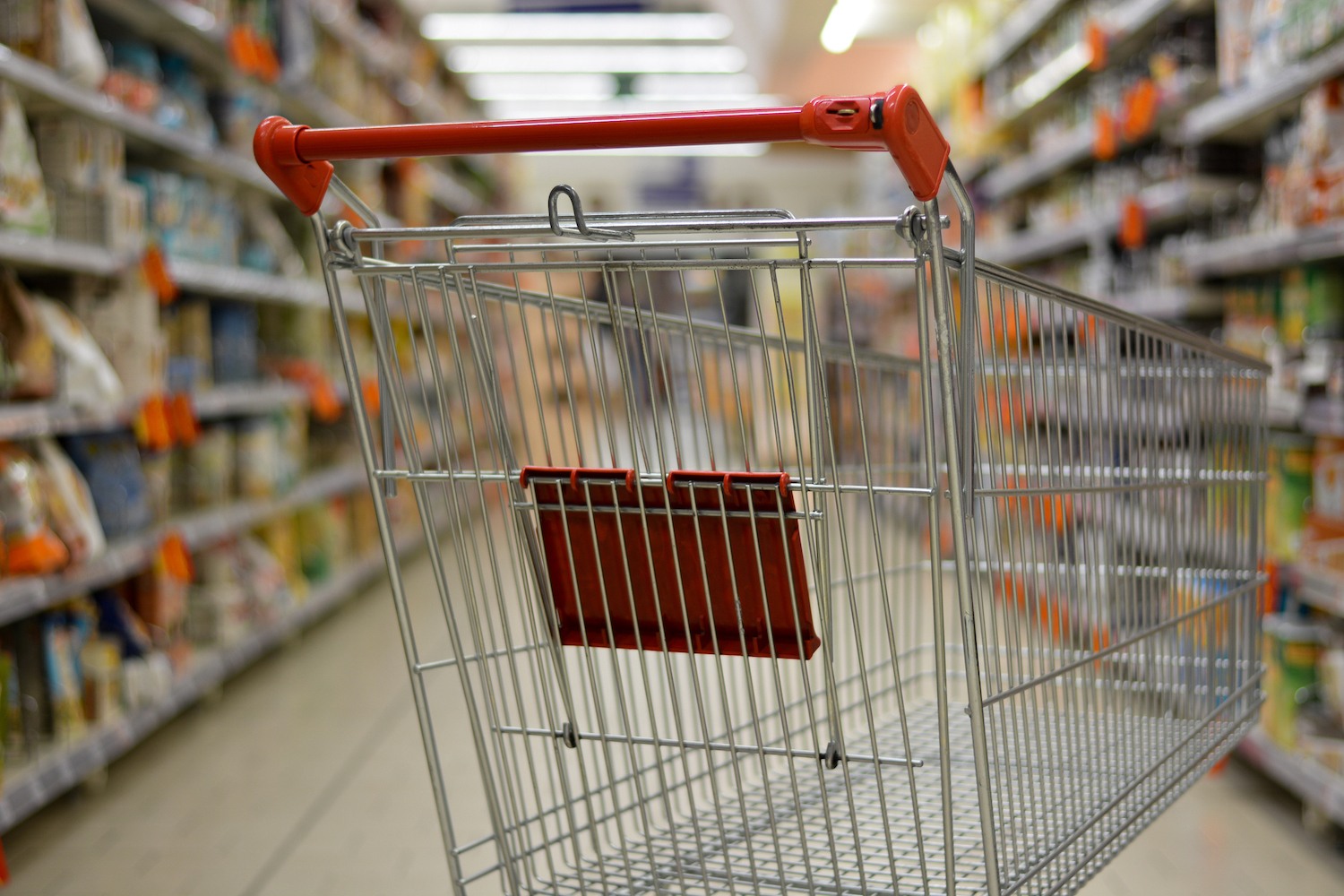How can we reduce food insecurity? Giving people money is a start.
Guaranteed income programs have popped up around the country as residents have struggled financially during the pandemic. Now, a new analysis has found that in Washington, D.C., direct cash payments had an impact on rates of food security for recipients, The Hill reports. Between July 2020 and January 2022, THRIVE East of the River provided emergency relief to 590 residents in District’s Ward 8 neighborhoods, where the annual median income of roughly $39,000 is less than half the Districtwide median of $91,000. In addition to offering people benefits like weekly groceries and help with obtaining mental health support, the program’s highlight was direct cash payments of $5,500, with zero restrictions on how the money could be spent. According to an evaluation of the program by the Urban Institute, a D.C.-based think tank, the number of people who said they didn’t have enough to eat dropped from 34 percent before the pandemic to 19 percent after receiving payments. Researchers found that the majority of cash recipients spent the money on housing (54 percent), followed by food (42 percent). —Matthew Sedacca


